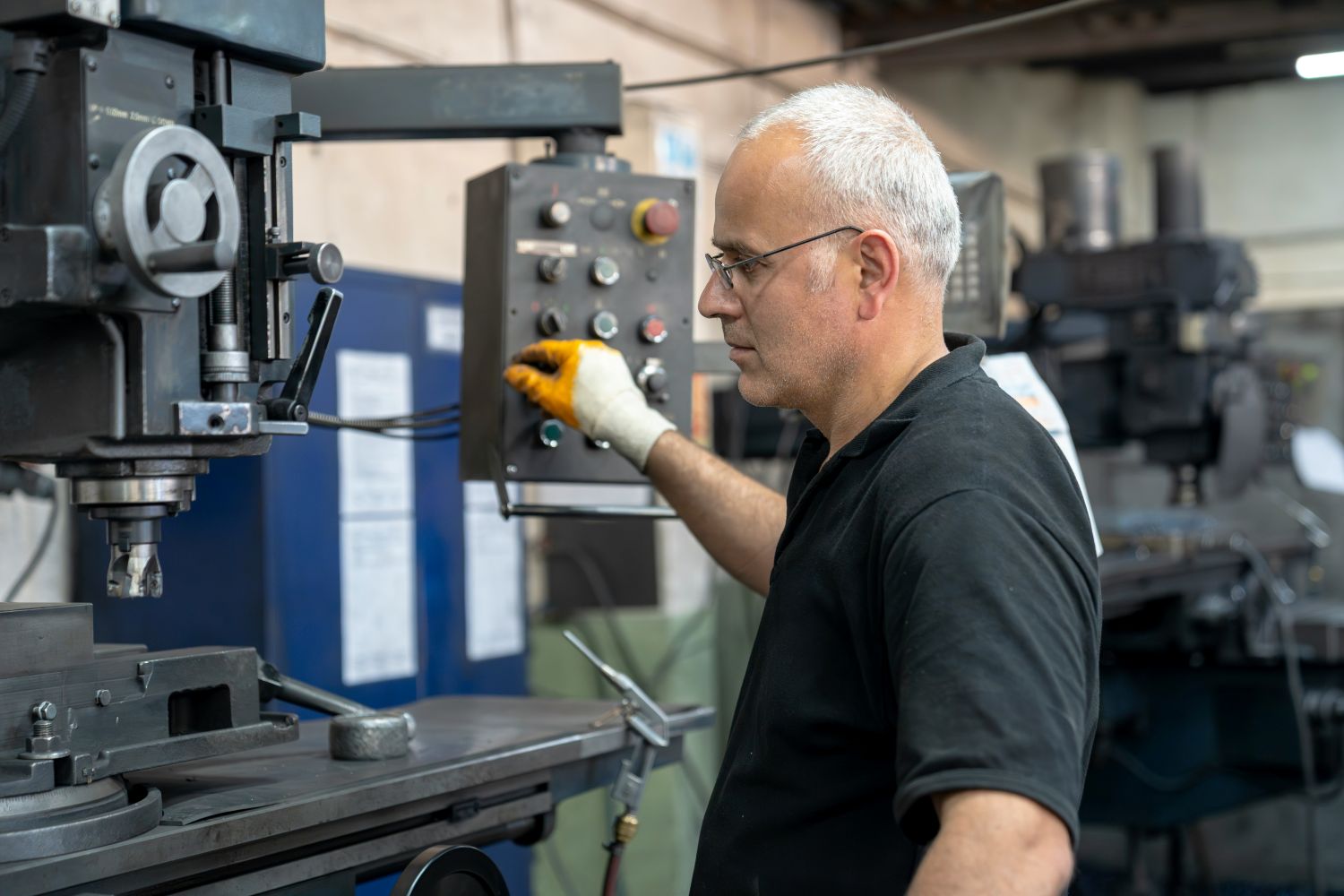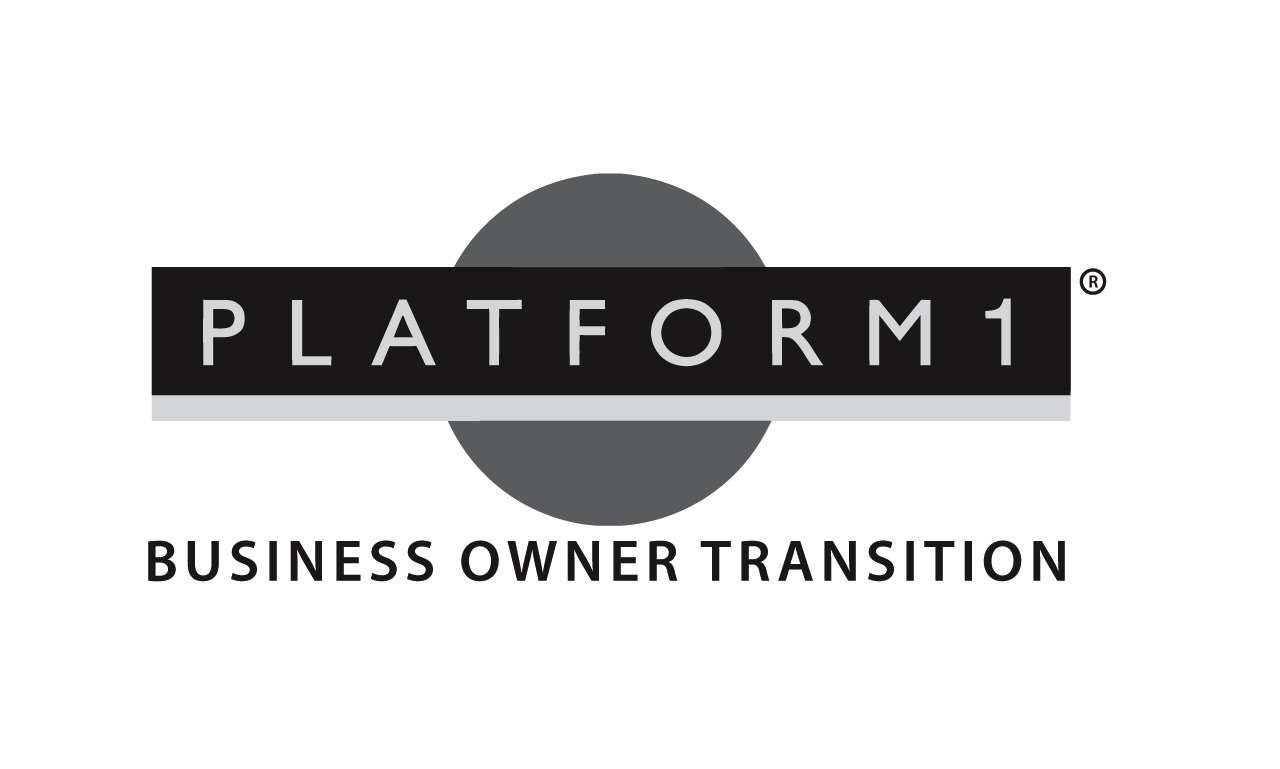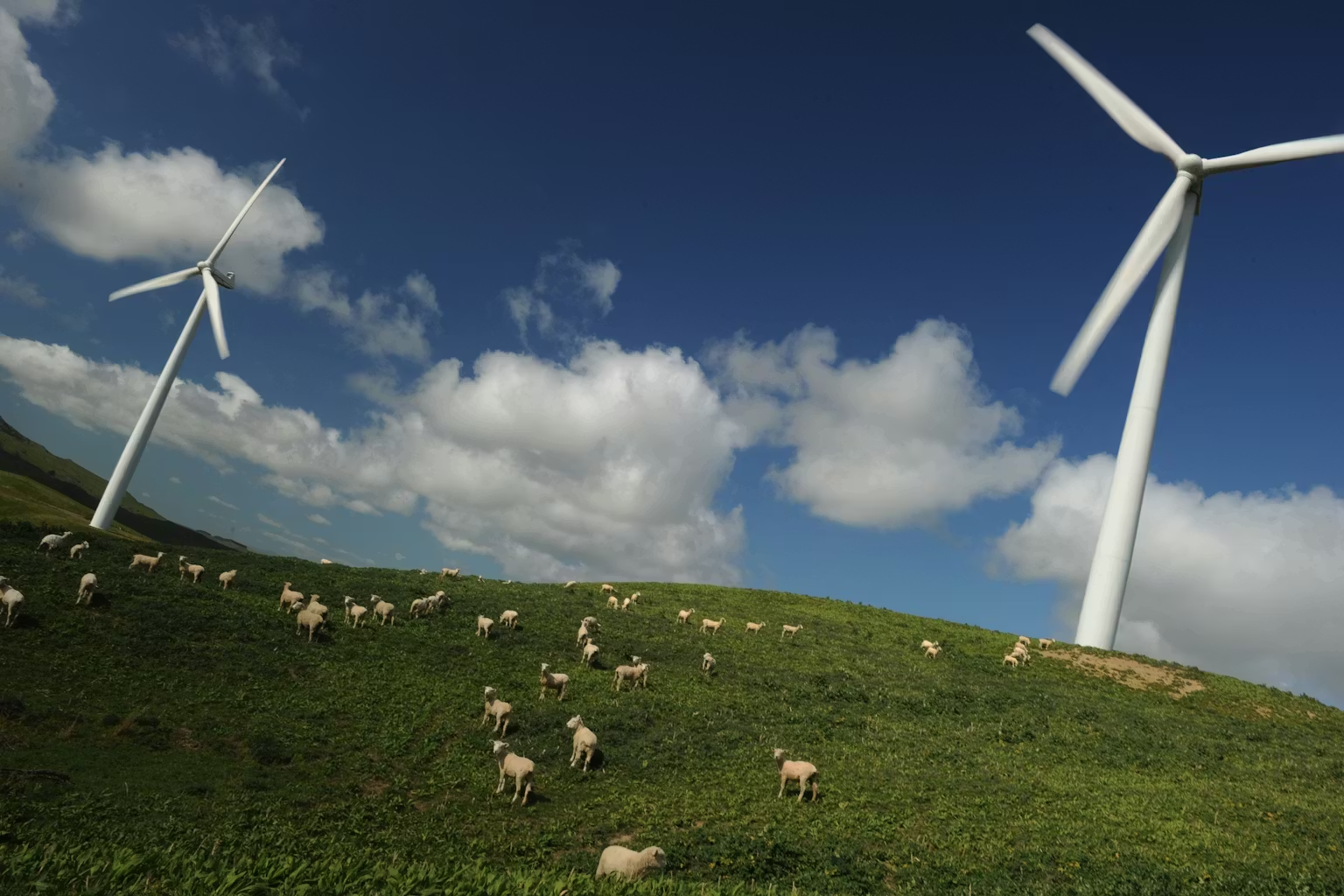
Unlocking productivity: The National Launch of the 35 by 35 Business Performance Programme
New Zealand’s productivity challenge is well documented — but what if lifting performance across small and medium-sized businesses could be systemised, measured, and accelerated at scale? That is the ambition behind 35 by 35, a national business performance movement designed to help New Zealand businesses lift productivity, capability, and resilience […]

University programme expands to help manufacturers go digital
New funding will enable a University initiative to help more small manufacturers access affordable digital technology and improve productivity. Key facts The Government has committed up to $475,000 per year for three years from 1 April 2026 to expand the University of Auckland-led Digital Manufacturing Light programme. Digital Manufacturing Light […]

NZ’s economy to take three decades to double without intervention – OECD Data
New OECD data shows NZ’s economy will take more than 30 years to double in size unless major structural and cultural changes are made to how organisations operate. The modelling shows New Zealand’s real GDP, currently at US$216 billion, is not expected to double until 2055.[1] While the nation’s economy […]

The world wants Kiwi manufacturing: Turning acquisitions into advantage
By Sean Doherty,Manufacturing Commentator | NZ Industry Trends Global investment is reshaping the future of Kiwi manufacturers—and the outlook is surprisingly positive. It has been a historic couple of years for New Zealand’s manufacturing and food processing sectors. From Invercargill to Auckland, a remarkable string of large manufacturing companies have […]

Cyber security no longer an IT problem
From February issue, NZ Manufacturer magazine It’s a reputation risk manufacturers can’t ignore With corporate cyber breaches in the spotlight increasingly, NZ Manufacturer magazine advisor and Impact PR director Mark Devlin looks at how firms can protect their brand in the event of an incident. For years, cyber security sat […]

From data to decisions: getting more value from sustainability measurement
From February issue, NZ Manufacturer magazine The way manufacturers measure sustainability is changing rapidly. New tools, improved data and AI-enabled platforms mean businesses can now measure far more than they could a few years ago. Carbon, circularity, risk and supply chains — the list keeps growing. For manufacturers, this often […]

Election Year Excuses? Why Manufacturers Can’t Afford Them
From February issue, NZ Manufacturer magazine David Altena is Head of Growth & Partnerships at SmartSpace.ai & C0-Founder & Host of The Better SMB Podcast. david@altena.solutions We are entering a familiar three yearly cycle of hesitation. As we flip into another election year, a subtle but pervasive “hush” descends over […]

Productivity and baby boomer business owners
From March issue, NZ Manufacturer magazine By Mike Warmington, Platform 1 For many SME baby boomer business owners last year, the economy forced them to think more of productivity and how to do things smarter. Some made strong gains however these were generally the larger SME sized businesses and above. […]

Backing Capability: Lessons from Fi Innovations and the Future of NZ Manufacturing
From February issue, NZ Manufacturer magazine New Zealand’s manufacturing sector has always relied on one core strength: capability. Not scale or low-cost production, but the practical skill, judgement, and adaptability of the people who make things here. In a recent podcast, Caliber founder Jonathan Prince spoke with Gareth Dykes and […]

Before the robots arrive: How Formthotics prepared its staff for the changes ahead
From February issue, NZ Manufacturer magazine Adam Harvey, Business Performance Partner – Manufacturing, The Learning Wave Running a manufacturing business right now can feel like standing on a moving walkway. If you don’t step forward, you fall behind. Customers want more for less, and Boards are pushing for efficiency, growth, […]

Importing gas locks NZ into fossil fuels for longer – just as clean energy surges
Jen Purdie,Senior Research Fellow, Centre for Sustainability, University of Otago The government’s announcement that it would move ahead with plans for a new facility to import liquefied natural gas (LNG), potentially as early as next year, was framed as a way to shore up energy security. But the decision instead marks another […]

2026 off to a strong start for manufacturers
From February issue of NZ Manufacturer magazine By Hon Chris Penk, Minister for Small Business and Manufacturing As I kick off my first manufacturing column of 2026, I want to pass on my best wishes to manufacturers across the country as you return from a well earned summer break. I […]

XPO Exhibitions to launch new trade fair
From February issue of NZ Manufacturer magazine XPO Exhibitions is partnering with Hannover Fairs Australia to launch Logistics Automation New Zealand, powered by CeMAT. This will be held from 10-11 November at the Auckland Showgrounds. The trade fair will bring together world-leading logistics, automation, robotics, intralogistics, warehousing, and supply chain management solutions under one roof. A new era for logistics innovation in New Zealand XPO’s Managing Director Brent Spillane says that with the rapid growth of high-tech logistics and automation, the time is right to give the sector its own dedicated platform. “We are seeing a transformational technology expansion and growth of products delivering Robotics, Automation, Intralogistics, Warehousing, Supply Chain Management and Materials Handling. This cutting-edge technology is changing rapidly, yet it’s becoming more accessible and affordable for industry to bolt-on products and enjoy instant gains in productivity.” CeMAT is a world-renowned leader of exhibitions in this space, with deep relationships across the biggest brands whose R&D is redefining logistics automation across the globe. As Mike Nissen Commercial Director of Hannover Fairs Australia explains “This Joint Venture partnership, introduces new international brands into New Zealand. Brands that loyally participate across CeMAT exhibitions in Germany, North America, Australia and Asia Pacific. “That international participation creates buzz and more value for domestic exhibiting brands – something we are evidencing in other markets we are entering.” XPO have traditionally served the Materials Handling & Logistics NZ sector most notably alongside Foodtech Packtech, and while that industry (food manufacturing) have been early adopters, XPO’s Managing Director Brent Spillane says the time has come to broaden the scope to all industries where automation can play a pivotal role in streamlining processes, driving efficiencies, and improving health and safety practices. He adds, “Logistics Automation New Zealand, powered by CeMAT brings together a far wider attendance of […]










